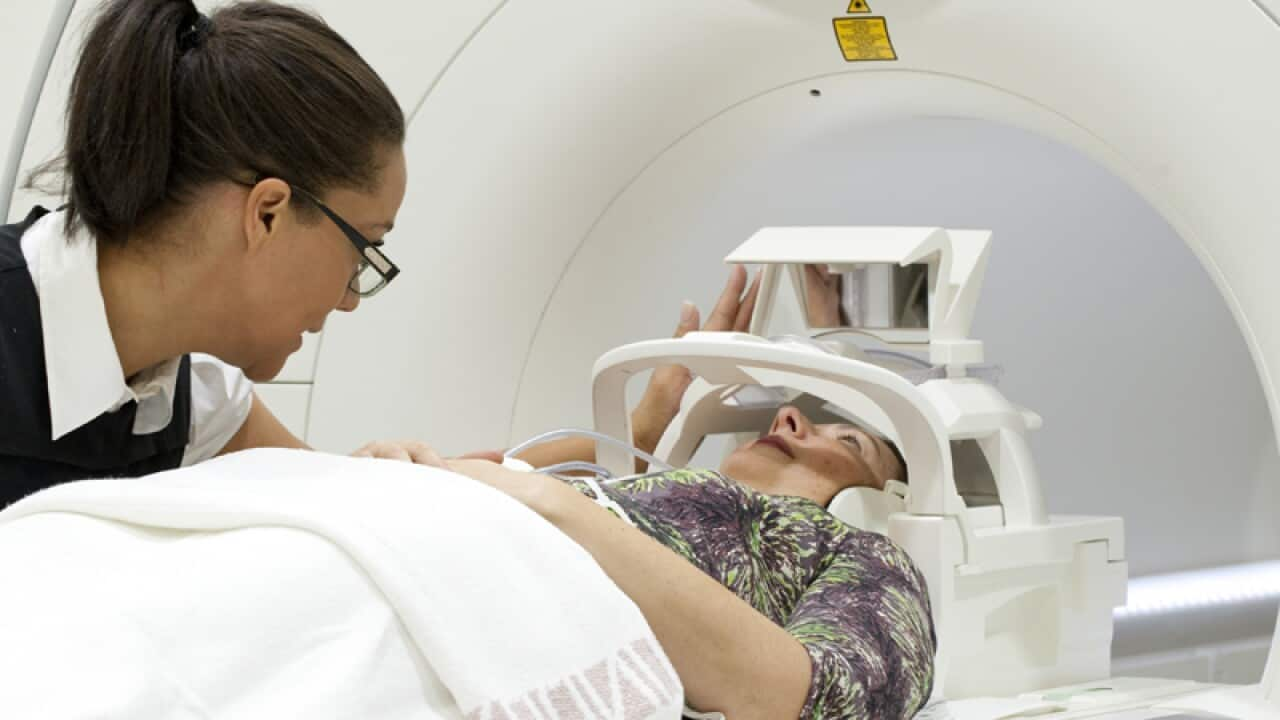Scientists have found a way to read the mind, analysing brain waves and interpreting them as words and even complete sentences of continuous speech without having to listen.
The "reading" was done by way of electrodes fixed on the surface of the cerebral cortex, researchers at the Karlsruhe Institute for Technology (KIT) in Germany and the Wadsworth Center in the United States said.
Seven US epilepsy patients voluntarily participated in the study, reading aloud sample texts while an electrode array was attached to their cortices, the outer layer of the brain, which had been exposed for epilepsy surgery.
Observations of this kind are impossible with electrodes attached to the outside of the skull.
"For the first time we have been able to observe the brain," says Tanja Schultz, professor of information technology at KIT and one of the authors of the study published in the journal Frontiers in Neuroscience.
The researchers were able to observe how the brain planned speech acts and then activated the muscles of the speech organs via the neurones in the cortex, a split second before the speech itself became audible.
Software was used to map the activity and show it on a screen the aid of colours.
"Red and yellow colours mean intense activity at this spot in the brain, and blue colours lower activity," Schultz explained in a demonstration.
The patients were given set texts, such as a speech by former US president John F Kennedy or simple children's rhymes, so that the researchers would know which sounds were being uttered and when.
They set up databases containing prototypes of around 50 different phonemes, or basic speech sounds.
Using algorithms from automatic speech recognition, it then became possible to understand what was being said purely from the brainwaves.
"We arrive at meaningful results that are still far removed from the accuracy of acoustic speech recognition, but are well above pure chance," Schultz says.
The limited survey size of just seven patients with just five minutes of speech apiece in the four-year research program is a sticking point.
The Karlsruhe researchers are developing a technology they call Brain-to-Text, which could be a building block to develop a means of speech communication for patients with locked in syndrome.

